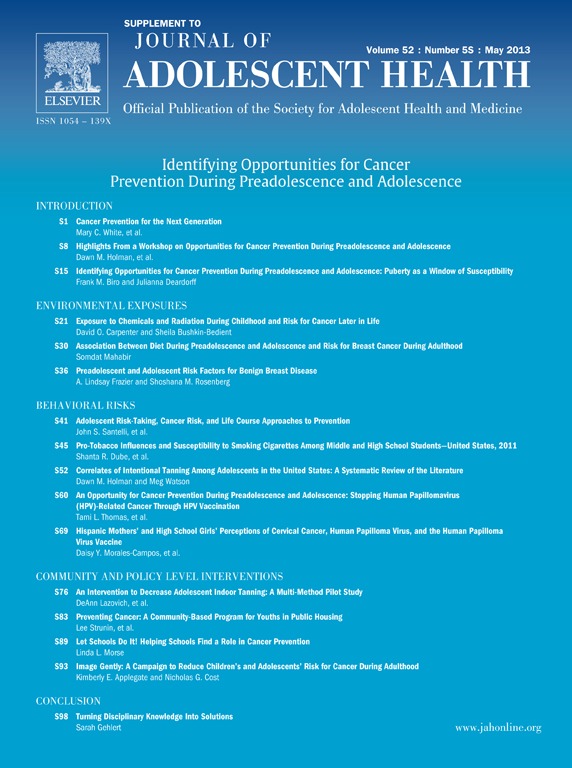Abstract:
PURPOSE: To determine the effects of both older and newer media use on academic, social, and mental health outcomes in adolescents and young adults.
METHODS: We interviewed a nationally representative panel of youth ages 14-24 years (N = 719) twice 1 year apart to determine time spent with television, the Internet, videogames, and book reading, as well as the purpose of those uses. A cluster analysis identified major combinations of media use. Regression models tested hypotheses regarding changes in self-reported school grades, participation in clubs and sports, and symptoms of depression, as predicted by recent media use and differences in cluster membership.
RESULTS: Use of older media was related to grades, with television inversely and book reading positively related to performance. Moderate use of the Internet was positively related to participation in both sports and clubs. Although heavy use of the Internet and videogames was associated with an increase in depression, increased depression also predicted greater use of these media as well as withdrawal from sports and clubs. Clusters that used media in moderation with an emphasis on information gathering were most associated with healthy outcomes.
CONCLUSIONS: Despite concerns that excessive use of new media is harmful to adolescent development, the findings reinforce previous conclusions that television detracts from academic performance and book reading supports it. Heavy use of the Internet and video gaming may be more a symptom of mental health problems than a cause. Moderate use of the Internet, especially for acquiring information, is most supportive of healthy development.
Authors
- Zhana Bagdasarov
- Eian More
- Daniel Romer


